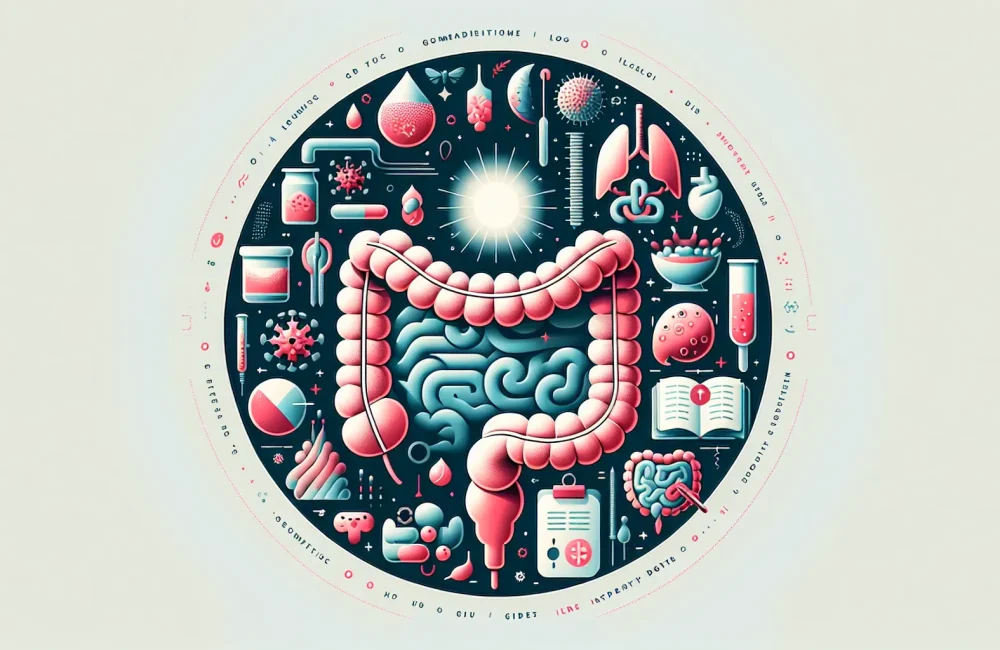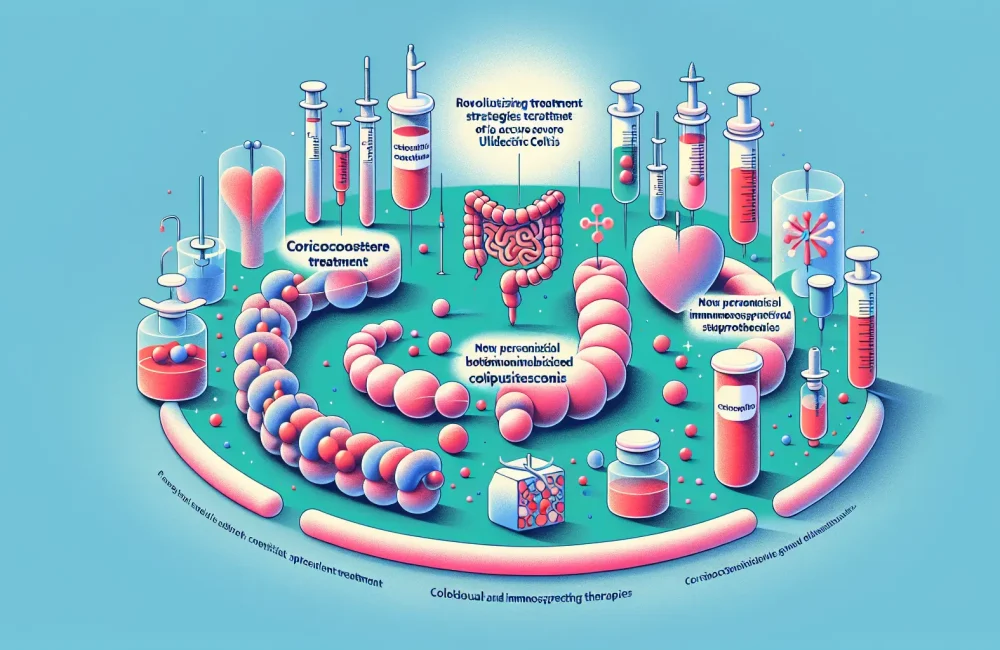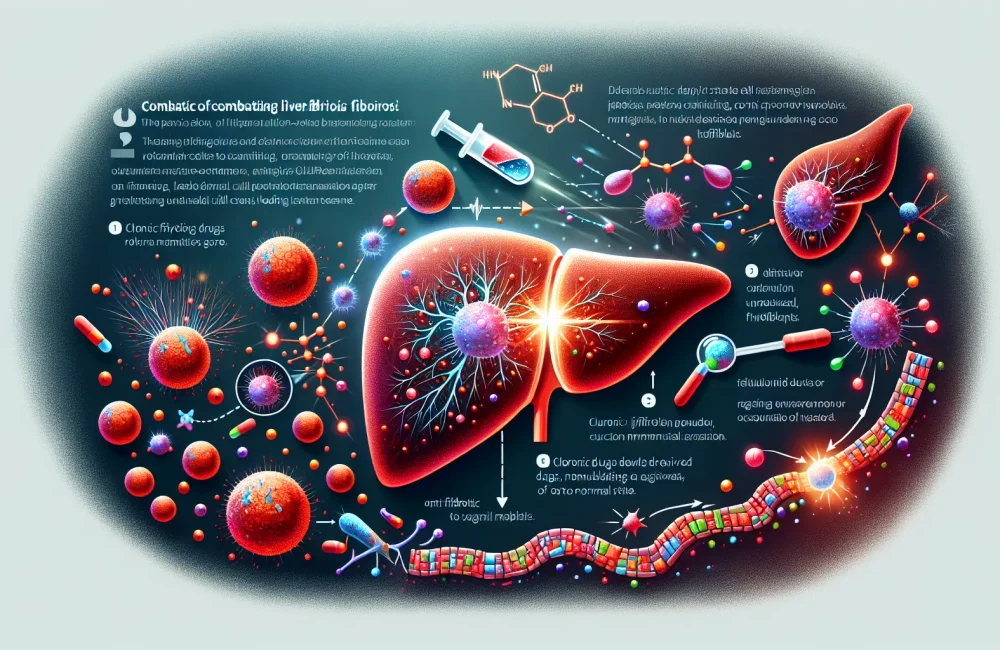By CAFMI From Nature Reviews Immunology
RORγt+ Antigen-Presenting Cells and Food Tolerance
Recent advances in immunology have highlighted the significance of RORγt+ antigen-presenting cells in maintaining food tolerance, a crucial mechanism that helps prevent food allergies and other immune-related disorders. These specialized cells are found primarily in gut-associated lymphoid tissues, where they play an essential role in promoting immune tolerance to dietary antigens. By expressing the transcription factor RORγt, these cells have unique functions that enable them to interact closely with T cells and produce signals that encourage a balanced immune response to food proteins. This process helps the immune system recognize harmless food antigens and prevent inappropriate inflammatory reactions that could lead to food intolerances or allergies.
Mechanisms of Immune Regulation by RORγt+ Cells
RORγt+ antigen-presenting cells contribute to oral tolerance by inducing regulatory T cells, which are critical for suppressing immune overactivity in the gut environment. These cells emit tolerogenic signals that modulate T cell responses, maintaining immune homeostasis. Their ability to mediate this regulation ensures the immune system avoids unnecessary attack on dietary proteins, which is vital in preventing food allergic reactions and autoimmune gut conditions. Understanding these cellular pathways sheds light on how oral tolerance is maintained and why some individuals may develop food allergies when this system malfunctions.
Clinical Implications for Primary Care Physicians
For primary care clinicians, recognizing the role of RORγt+ antigen-presenting cells in food tolerance underscores the importance of immune mechanisms in managing food allergies and gut autoimmune diseases. This knowledge may inform future therapeutic approaches targeting these cells to restore or enhance immune tolerance in affected patients. Therapies that harness or mimic the functions of RORγt+ cells could reduce the frequency or severity of food allergies and provide new treatment options beyond traditional avoidance strategies. Staying informed about these developments will help primary care physicians better counsel patients and optimize management plans for immune-mediated food disorders.
Read The Original Publication Here






